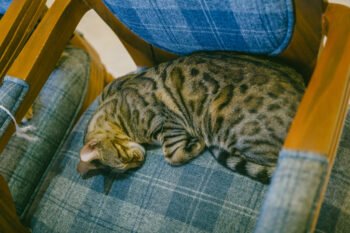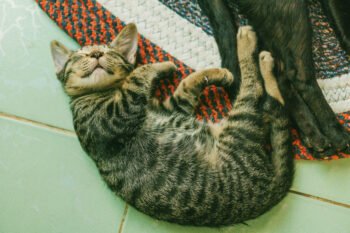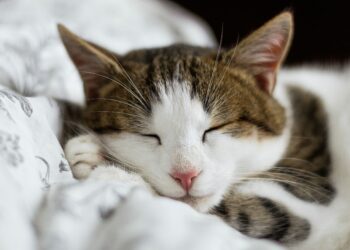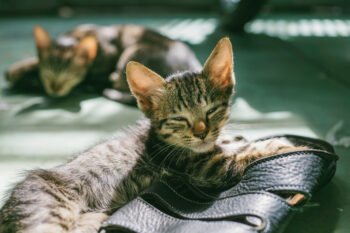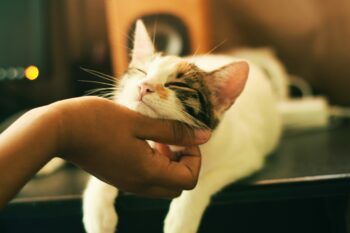Feline hypertrophic cardiomyopathy (FHC) is a disease in need of a publicist. “There’s a desperate need to inform the public,” says Dr. Mark Kittleson, a cardiac veterinary specialist at the School of Veterinary Medicine at the University of California-Davis.
FHC is a disease of the heart muscle which causes it to abnormally enlarge and thicken. This seriously impairs the heart’s function. In 1990, basketball sensation Hank Gathers suddenly collapsed on the court and died of hypertrophic cardiomyopathy. That’s how this disease sometimes works in cats, too. In many, the only symptom is sudden death. Other cats with FHC have repeated stroke-like episodes caused by a blood clot, or they spiral into heart failure. The prognosis for these individuals is worse than dismal.
The only data on how often FHC occurs is anecdotal. It is arguably the number one cause of death in all cats under six years. After cancers (all kinds, combined) and kidney disease, FHC is likely the number three cause of death in all cats over six years. At Blum Animal Hospital in Chicago, at least one cat a month succumbs to sudden death, according to Dr. Sheldon Rubin. There are other reasons cats may die suddenly, but when Rubin has performed a necropsy (an animal autopsy), FHC was the cause of death each and every time.
Dr. Tim Howell of Indianapolis says it’s likely FHC occurs more often than suspected. He points out some of his clients may return home after work, find their cat dead and never report the death to their veterinarian. Or perhaps an indoor/outdoor cat never comes home. What the owner doesn’t know is that the poor kitty suddenly died from FHC.
FHC might be suspected by a vet who hears a heart murmur, and then the disease is diagnosed when a cardiac specialist takes a picture of the heart. The appropriate treatment for FHC depends on whom you talk to. Even the most esteemed cardiac veterinarians concede that drugs are chosen almost at random. That’s not great science. Some drugs do seem to help some cats. A small percentage of lucky cats on drug therapy even make it to old age without ever knowing they’re sick, and ultimately die of something unrelated. But for most cats with FHC, while the drugs can improve their quality of life or buy them time, the end still comes prematurely.
While there is a genetic component to FHC in some pedigreed cats, it also occurs in domestic shorthair cats with no purebred lineage.
“We need to know which cats are most susceptible, why it occurs in those cats, and how to better treat the disease,” says Dr. John Rush, a cardiac veterinarian at Tufts University School of Veterinary Medicine. “We desperately need to learn more — too many cats are dying.”
On a personal note, my cat Ricky died suddenly of FHC on June 3, 2002, at the age of four and a half. At least Ricky didn’t suffer from prolonged heart failure, as some cats with FHC do. As a legacy, my hope is to encourage further research so fewer cats will succumb of this disease.
The Winn Feline Foundation is a not-for-profit organization that grants money to study feline health issues. They’ve established The Ricky Fund to support research into feline hypertrophic cardiomyopathy. To learn more about The Ricky Fund, or to make a donation, visit the Winn Feline Foundation website.


